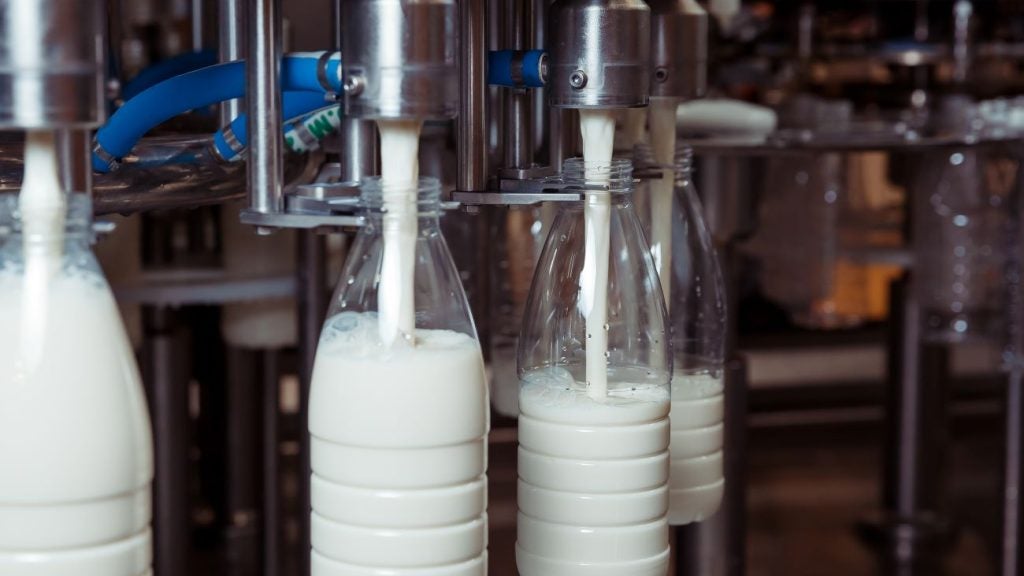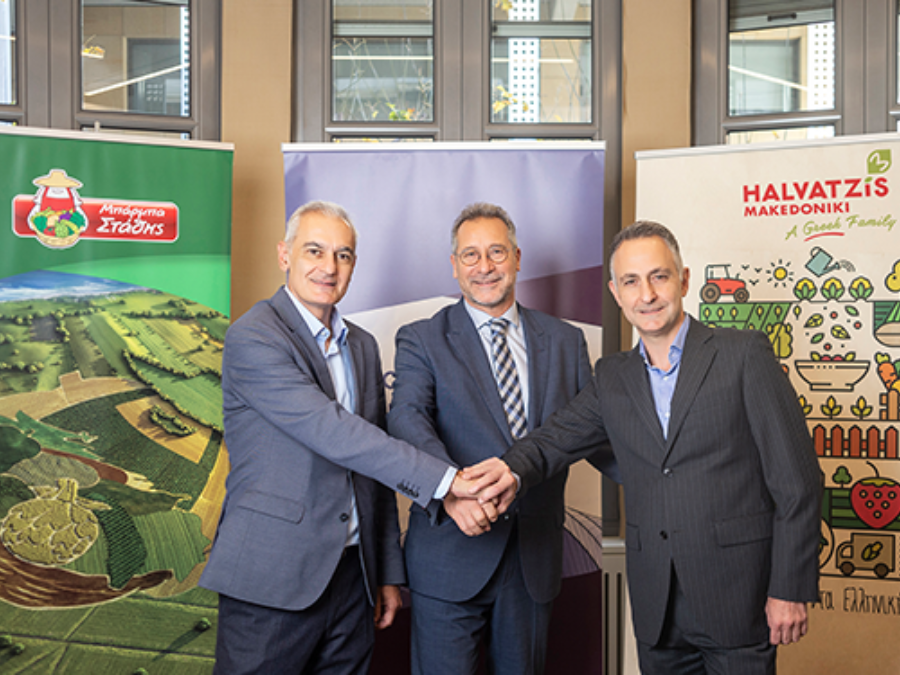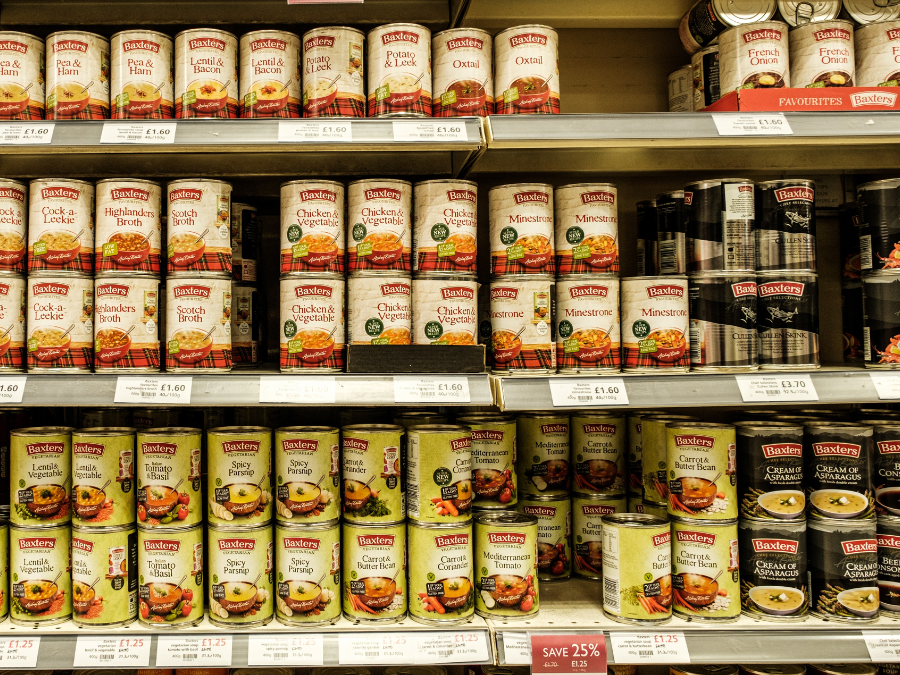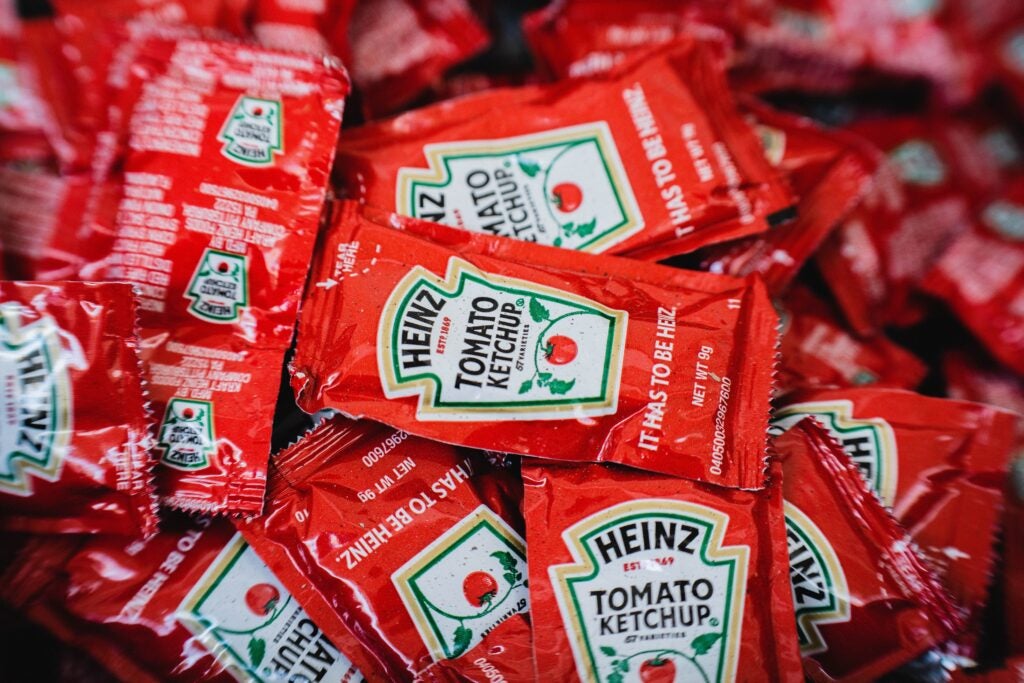Switzerland-based chocolate major Lindt & Sprüngli has launched near- and long-term science-based emissions reduction targets with the Science Based Targets initiative (SBTi).
The Kilchberg-headquartered business is targeting intermediate carbon reductions of 42% - Scope 1 and 2 - and 30.3% - Scope 3 - by 2030 and reaching net-zero by 2050.
Lindt & Sprüngli’s targets have been verified by the SBTi, a global body that enables businesses to set emissions reduction targets in line with the latest climate science, covering both direct and indirect emissions.
Most of the emissions in the company’s carbon footprint, comprising around 95%, come from Scope 3-related activities, meaning activities not under its direct operational control. Cocoa, other raw materials such as dairy and sugar, transport and packaging are the biggest contributors to its footprint.
Lindt & Sprüngli said it will prioritise decarbonisation efforts and neutralise all residual emissions to reach the net-zero goal.
To reach its Scope 3 targets, the company will focus on reaching a deforestation-free supply network and helping farmers to carry out more environmentally-responsible agricultural practices.
The group’s initiatives include a no-deforestation target for cocoa products.
Simultaneously, Lindt & Sprüngli is working towards reducing emissions from its packaging and supply chain by exploring sustainable packaging solutions and prioritising lower-carbon transport options.
Group CEO Adalbert Lechner said: “Our ambition to achieving science-based climate targets will drive us to innovate and seek new opportunities across our products, operations and value chain.
“We are excited to embark on this ambitious journey and contribute to the goals of the Paris Agreement. Science-based targets lead the way, shaping responsible business practices and reducing our environmental footprint.”















